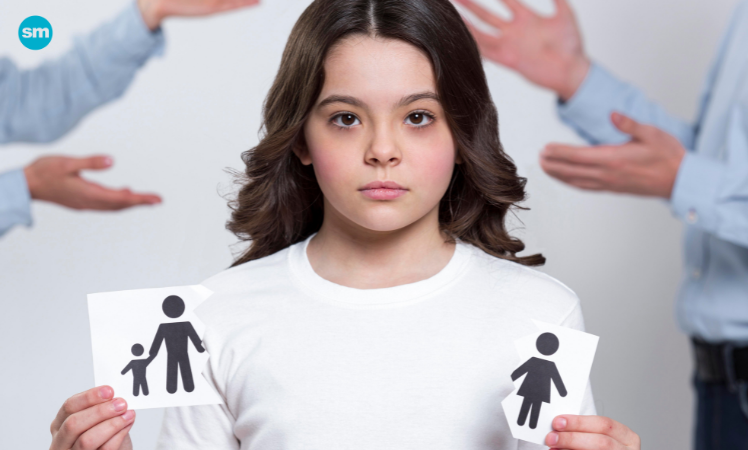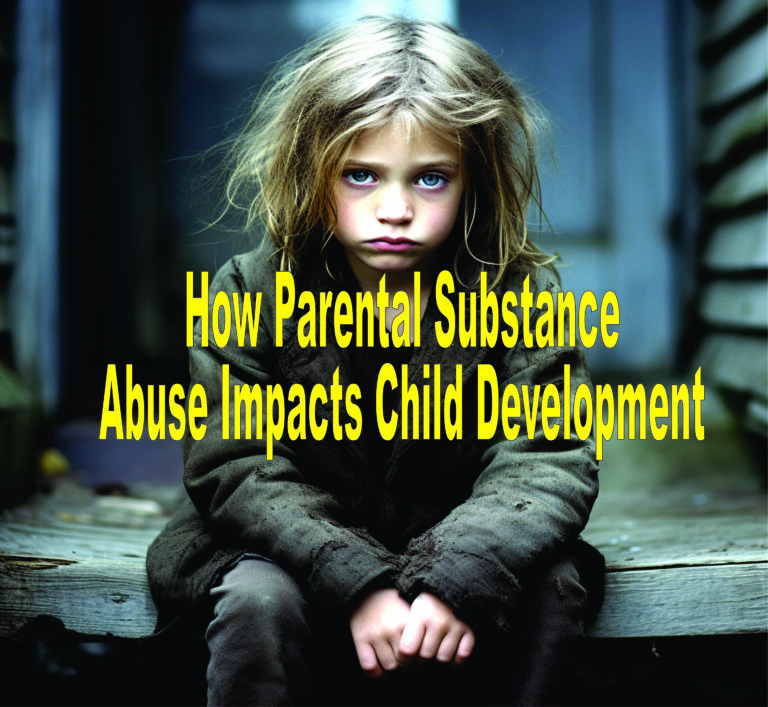Counter Parenting And Its Effect On Children

Last Updated on September 12, 2023 by Lori Pace
Counter Parenting is the opposite of co-parenting. One parent actively opposes the other, rather than allowing differences to be remediated. This is not a good parenting arrangement. While counter parents might think they are punishing one parent, in reality they are hurting their child. Many counterparents are narcissists, who only want to control how their child is raised. You will have to do twice the work to repair damage if you are dealing with a counter parent.
Examples Of Counter Parenting
Counter Parenting is a deliberate effort to work against a parent in order to harm their child’s education. Counterparents don’t do this because they find the parenting style of the other parent to be harmful. They do it because they hate the other parent. Many times, counter parents do:
- Allow their children to do things that the other parent wouldn’t allow
- Badmouth the other parent when the child is present
- When things go wrong, tell the child that the other parent is to be held responsible
- Stop the other parent talking to the child during visits
- Encourage your child to be independent
- Tell your child that the other parent doesn’t care about them
- Disobey court orders
Counter Parenting By A Narcissist
Narcissistic counter parents put themselves in the center of everything, rather than prioritizing their kids. A narcissistic counter parent believes that winning is the most important aspect of parenting. They want to:
- You have sole authority over the raising of your child
- Be the preferred parent
- You can control who has access to the child’s daily life
Parents who are narcissistic believe they only know the best for their child. They feel the other parent has wronged their child in some way and should face consequences. They then target their child as the weakest link in a parent’s relationship.
Effects Of Counter Parenting On Children
Although the counter parent may think they are only hurting their ex-partner, they do far more harm to their child. A counter parent will see the child’s emotions and needs as secondary to the parent spitting at them. The child may not get the love and affection that they deserve. They may feel abandoned and have low self-esteem.
A narcissistic parent may try to influence their child’s behavior by encouraging them to be like them. Sometimes they will make the child play a sport that their parents used to play, even if it isn’t something they like. These children lack self-esteem and are forced to conform to unreasonable standards in order to please their parents.
Parents who are not parents have a tendency to guilt-trip their children. To discourage children from talking positively about their parents, they might say that if they talk about a gift their other parent gave them, the counter parent would say, “I guess nothing you give me is good enough.” To avoid upsetting the child, they must walk on eggshells. As they get older, the child might start to distance themselves from the parent who is not helping them.
Countering Counter Parenting
Encourage Your Child’s Confidence In You
Your child can feel emotionally exhausted if they are around a parent who is not their friend. It’s okay for them to feel their emotions. Ask them about their visit to the other parent. Don’t be too intrusive. They will feel more comfortable sharing their feelings.
Keep Your Word
Do not change your ways because another parent is trying to subvert you. If the child does something you find unacceptable, give the appropriate discipline. Your rules may be followed by the child even though they are not yours.
You Might Consider Changing The Parenting Arrangement
You will need to communicate with the other parent often if you are trying to co-parent. They have many opportunities to undermine what you believe is best for your child. You might consider switching to parallel parenting. This arrangement doesn’t require communication between the parents or much cooperation.
Anticipate The Behavior Of The Counter Parent
You can anticipate what the counter parent will do next to help you devise strategies for dealing with their behavior. If you have to go to court, it will be helpful for you to show patterns in their behavior. Take note of all they do that is in direct opposition to yours, such as letting your children stay up late at school or dropping them off late for visits.
Do Not Try To Be Like Them
It will be tempting to attack the parent who isn’t helping you. But, if they are accused or called names, it will only encourage their behavior. Ask open-ended questions to find out more about your children’s behavior. “, “When did he go to bed?”
Monitoring Counter Parenting Behavior
Conter parents believe the rules don’t apply to them. You should keep a record of their actions, in case you need to return to court or start a case.
- In a custody journal, note the behavior of one parent.
- You can message the other parent to resolve hostilities. Also, you can print a list of instances when they were disrespectful to you.
- You can track any deviations from the custody plan, such as when the other parent is late.








